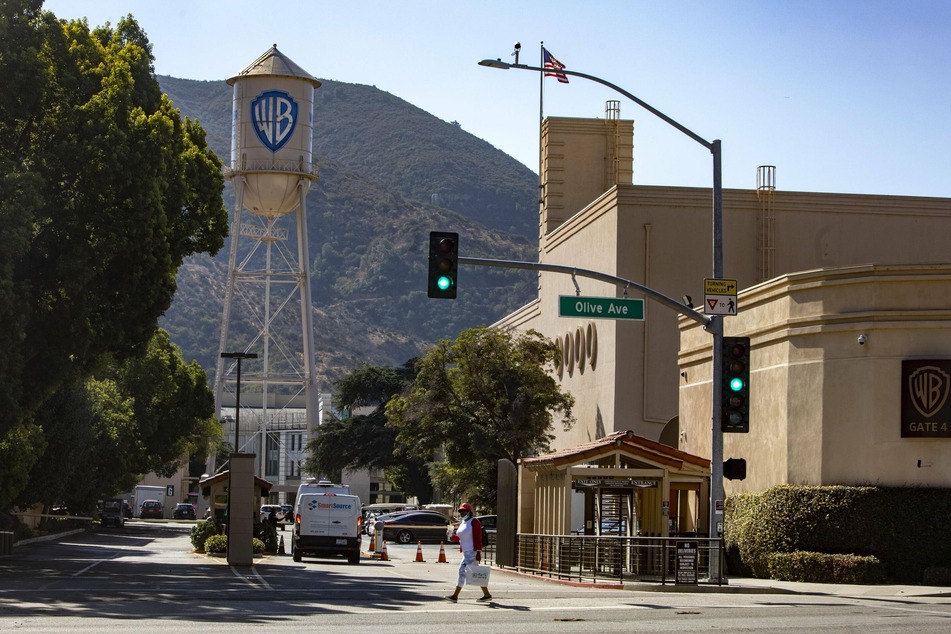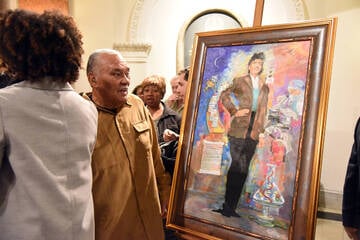Hollywood crews union approves new deal despite majority voting against
Los Angeles, California - A Hollywood crews union narrowly approved a contract agreement with producers, studios, and streaming giants – even though a majority of members voted against it.

International Alliance of Theatrical Stage Employees (IATSE) union delegates voted 349-282 to ratify the Basic Agreement and the Area Standards Agreement.
But the popular vote for members covered under the larger Basic Agreement contract was actually 50.4% in favor of turning it down. There was 72% voter participation overall, IATSE said in a statement.
This eyebrow-raising result was only possible thanks to IATSE's Electoral College-style voting system.
Members vote in their local, which has a winner-takes-all system. Then that local's delegates, apportioned based on size, all vote either yes or no.
Many seem to see the vote to ratify as a lost opportunity, according to Jacobin. The death of Halyna Hutchins due to inadequate safety protocols and the wave of labor strikes across the country could have set the stage for bold reform had workers walked out.
The tentative agreement was reached on October 16, just one day before crew members were set to strike, threatening to shut down the entertainment industry. At the time, reactions to the agreement were mixed, with some union members saying it did not go far enough toward addressing their inhumane working conditions.
Long working hours, short turnaround times between shifts, and inadequate salary increases were just some of the areas where crew members wanted big improvements.
There was a particular focus on 10-hour turnaround times between shifts, which can pose safety risks for commuters. Many workers continue to demand 12 hours minimum.
Nevertheless, IATSE President Matthew Loeb said, "We met our objectives for this round of bargaining and built a strong foundation for future agreements."
Cover photo: IMAGO / ZUMA Wire
